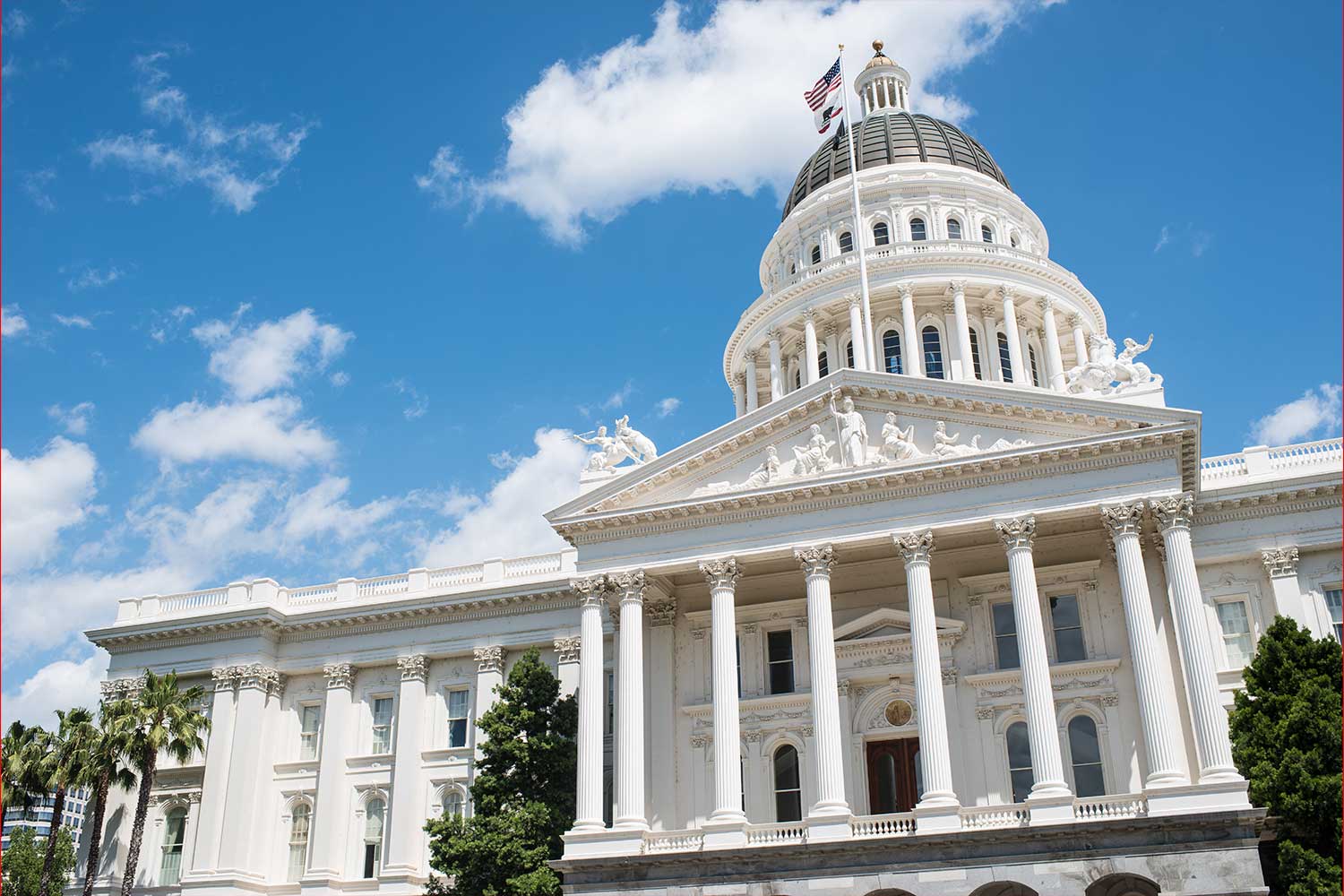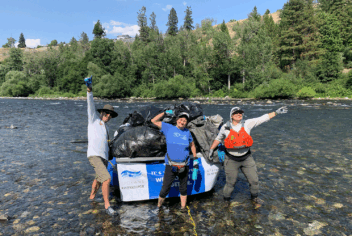This article was written by Chris Reed, Rand Chritton, and Mike Bishop.
Many nonprofits conduct background checks to manage risk and to make sure that employees are the right people for a given role. Employers can do this at a number of times including when hiring, deciding to retain, and when considering a promotion or reassignment. Many state and federal laws require these background checks for jobs in areas including healthcare, childcare, education, finance, information technology, and investigations.
Nonprofits are required by law to get background checks for many positions. In California, AB 506 was just passed and signed into law in September of 2021.
This law creates additional duties for many nonprofits, one of which is to reduce the hours per month and per year that certain volunteers may work before being required to get a background check. Specifically, any volunteer that is 18 years of age and spends 16 hours per month or 32 hours per year around children is defined by the law as a “regular volunteer” and is thus required to get a background check.
However, a recent decision by the California Fourth District Court of Appeal, with clear statewide implications, appears to have created changes that may undermine one of the best tools nonprofits use to obtain reliable background checks information.
This case, All of Us or None v Hamrick, removes significant identifiers that are relied on to uniquely identify an individual, including date of birth and driver’s license number, from superior court criminal records. In fact, privacy advocates have won a significant victory over an employers’ obligation to conduct meaningful and effective background checks, either directly or through third-party vendors. Technically, all courts in California should follow this new rule, which is very unusual for a decision not from the California Supreme Court. However, this decision was a Rule of the Court decision and unless and until there is a split created by some other California Appeals Court, this is the rule for the entire state.
It is important to note that the California Supreme Court has denied review of this decision. As a result of this decision, Riverside County, and superior courts in 11 other California counties have already removed the date of birth search fields from their websites and/or public access terminals, including in places where background checks are required by law. Some other counties are making those who search use a manual system and backlogs and delays for background checks are exceeding 90 days already, and getting longer by the day.
The result is that it has, or will, become more difficult, if not impossible to get reliable and accurate criminal background checks for the many legitimate reasons they are conducted. This includes, of course, the situations addressed by AB 506. Further, the case leaves open the possibility that those conducting background checks using identifiers such as date of birth and driver’s license may be subject to legal risk for such use.
As noted, a number of organizations and individuals have urged the California Supreme Court to clarify a number of aspects of the ruling in the case, but it has refused to hear the matter. Many have also requested that the Judicial Council created by the California Supreme Court, which creates the Rules of the Court, fix the problem. We have seen no indication the Judicial Council will address the issue and they typically take years to do anything.
Finally, while the legislature could fix this — and the California Supreme Court is likely hoping the legislature will — there has been nothing introduced yet and, based on the state of typical legislative processes, it is nearly certain nothing would be introduced until later in 2022. This means it is very likely that it will not be resolved in weeks, and instead it may be months, if not years, before this is clarified, and the potential impact of this decision on the ability to properly comply with the mandates of AB 506 and similar laws that require background checks is clear — and significant.
As previously mentioned, though the decision is issued by only one District Court of Appeal, the laws analyzed are laws that are applicable statewide and it may be that courts in other districts may begin to apply these rules excluding what can be used to conduct searches in the superior courts. It is too early to predict whether a trend either accepting the rules set out by this decision or rejecting them will take place, the fact is that this decision does, and will have statewide implications.
Because of the mandate of AB 506, and other similar laws, this decision leaves nonprofits in a state of uncertainty as to how to proceed. Because most of the background checks for most employers are conducted by third-party vendors who are specialists in this field and who have routinely accessed court databases by using the now-prohibited personal information of job applicants, they are also in a great state of uncertainly.
If you have a relationship with a third-party vendor who performs these background checks for your nonprofit, you should consult with your vendor to find out how they are adjusting to the new restrictions on how they provide their services to your organization.
Here are a few links to statements about this issue by some leading background check providers:
- New Court Rules Pose Challenges to Employer Background Screening
- California Supreme Court Denies Review of All of Us or None v. Hamrick
Some employers might ask if this decision restricts the employer itself, not using the services of a third-party vendor, from accessing court data bases with the now-prohibited identifying information. The likely answer is yes. The court relied upon a Rule of Court that specifies how electronic trial court records are to be made available to members of the public. It does appear from a reading of the opinion that it is the identifying information itself in accessing court records that cannot be used, and that the restriction applies to anyone seeking that information, whether in the business of conducting background checks or not.
Just in case this California development did not raise enough uncertainty, Michigan will begin enforcing a new law that will shield personal information from being used in a search as well. While this law was actively pushed back from July 1, 2021, to January 1, 2022, employers in Michigan should not expect it to be delayed further and should contact their background check service provider.
In summary, it is not an overstatement to conclude the California court’s decision places significant barriers in the way of an employers’ ability to conduct background checks and creates great confusion as to how employers can meet their very important obligations under laws such as AB 506.
The inability to be able to use the most effective identifying information — birthdates and driver’s license numbers-in searching court records creates the real possibility that the purposes and policies underlying laws such as AB 506 are now severely compromised.
While the likelihood of any change in this decision from other courts is possible, but perhaps unlikely, it is clear that the most effective way to remove these new barriers to effective background checks is through legislation that will allow employers to conduct their background checks effectively, and, at the same time balance this need to preserve the legitimate privacy interest of applicants.
In the meantime, for those nonprofits that are required to conduct these background checks, difficult choices will have to be made — and each choice presents risk. If you use a third-party vendor, consult with them as to your needs to have an effective background check conducted, how this case affects their ability to perform these background checks for you, and how the risk of using now-impermissible information to conduct those checks will be absorbed and borne by the agency and your nonprofit.
In any case, the complexity of the restrictions on background checks versus the requirements to effectively conduct them warrant consultation and guidance from legal counsel.
It should be clear that a nonprofit would be well-advised that they should not sail in these rough and uncertain waters on their own.





